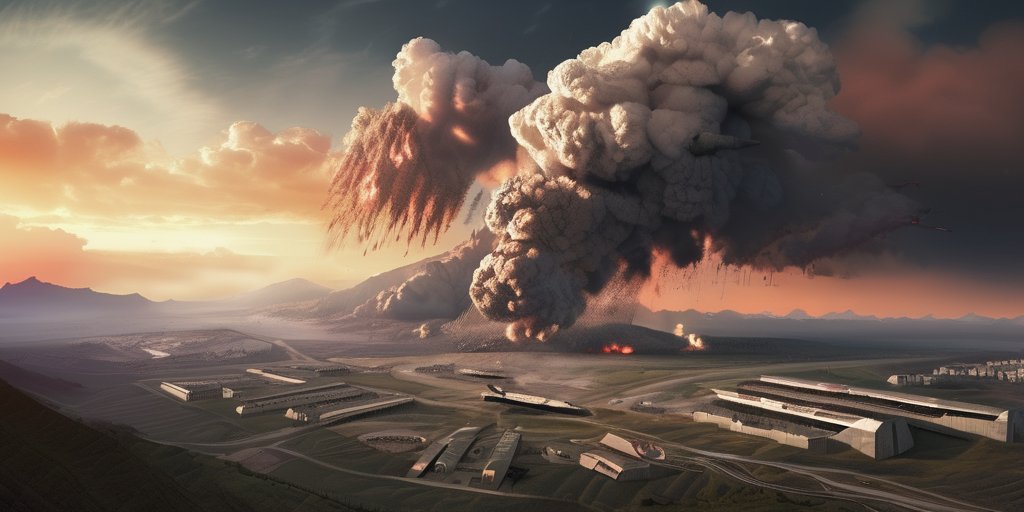In a dramatic escalation of the ongoing conflict, U.S. President Donald Trump launched airstrikes targeting Iranian nuclear sites, prompting widespread reactions across the Middle East. As Israeli Prime Minister Benjamin Netanyahu commended Trump’s bold decision during a public address, the political landscape shifted dramatically, signaling a potential turning point in U.S.-Iran relations.
Netanyahu, speaking in English at the Israeli prime minister’s office, praised Trump, asserting that this action would “change history” regarding the threat Iran poses to Israel. Given Netanyahu’s long-standing campaign for military intervention against Iran, this endorsement underscores a significant political alignment between Israel and the United States as they navigate the complex dynamics of regional security.
Historically, Netanyahu has advocated for decisive action against Iran’s nuclear ambitions, arguing that only U.S. military resources could effectively neutralize the threat. Trump’s airstrikes have caused a seismic shift in this strategy, as many observers note that both Israeli and American intelligence previously diverged on the immediacy of the Iranian nuclear threat. Despite these differences, the recent military action has garnered strong support from Netanyahu, marking a rare moment of unity between the Israeli narrative and U.S. policy.
In response to the bombings, Iranian officials asserted that they had already moved their nuclear materials to ensure safety, indicating a likely strategic recalibration in their nuclear program. However, with Trump stating that Iran must choose peace or face further military actions, the stage seems set for heightened tensions.
Ayatollah Ali Khamenei, Iran’s supreme leader, had vowed retaliatory measures against any U.S. military intervention, stating ominously that such actions would result in “irreparable damage” to American interests. As both nations brace for potential escalation, analysts are closely watching Iran’s upcoming moves and whether they will follow through on their threats.
As this conflict progresses, the implications of Trump’s airstrikes not only mark a significant shift in U.S. foreign policy but also challenge longstanding agreements regarding military engagement and diplomatic negotiations in the region. Whether these actions lead to a de-escalation or ignite further conflict remains to be seen, as the world watches closely for Iran’s response to this unfolding crisis.
